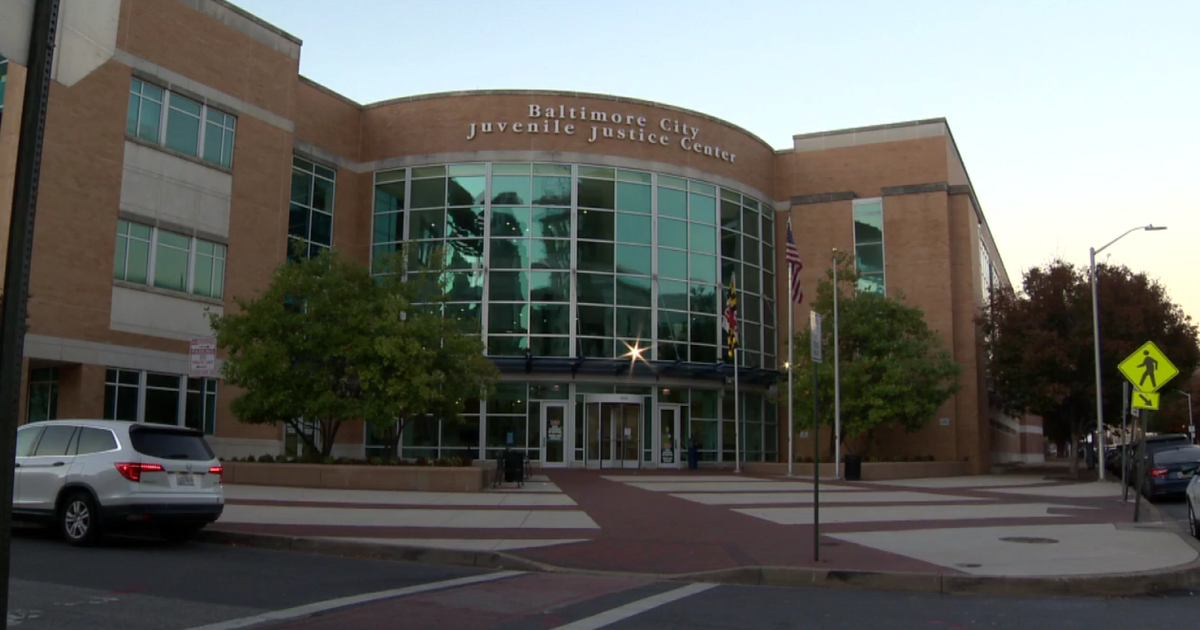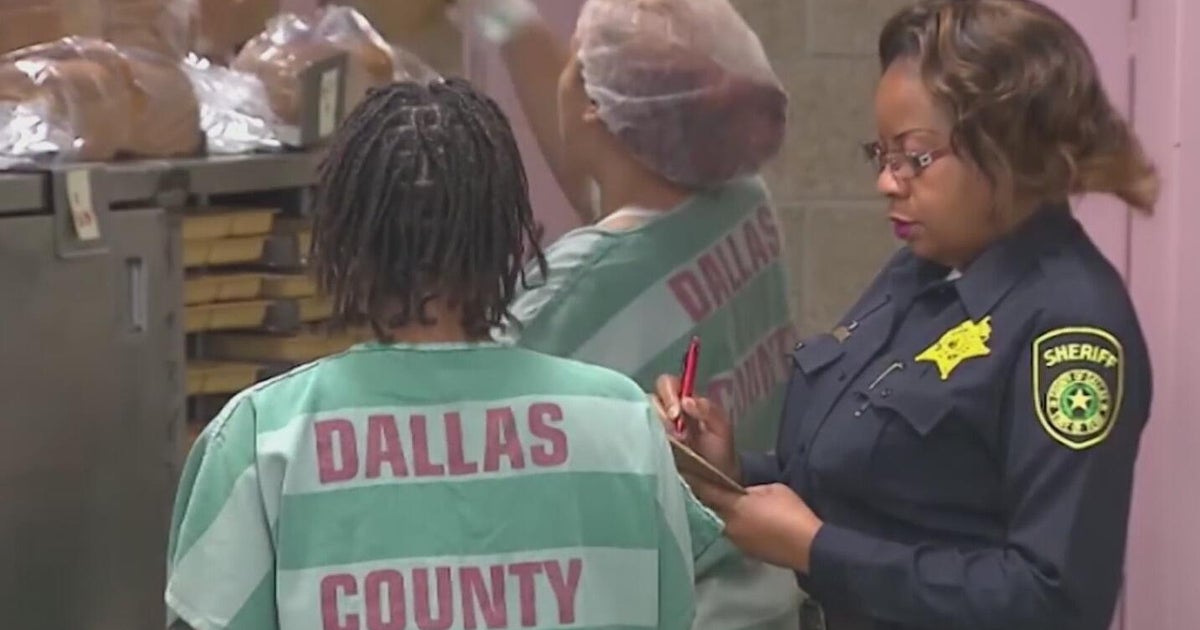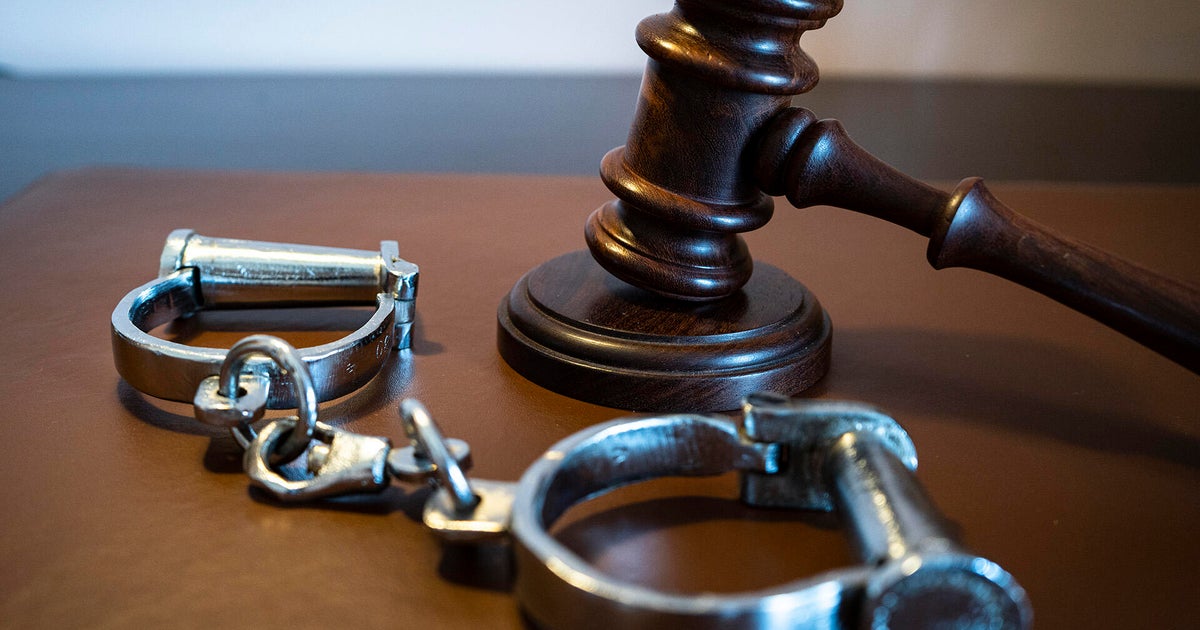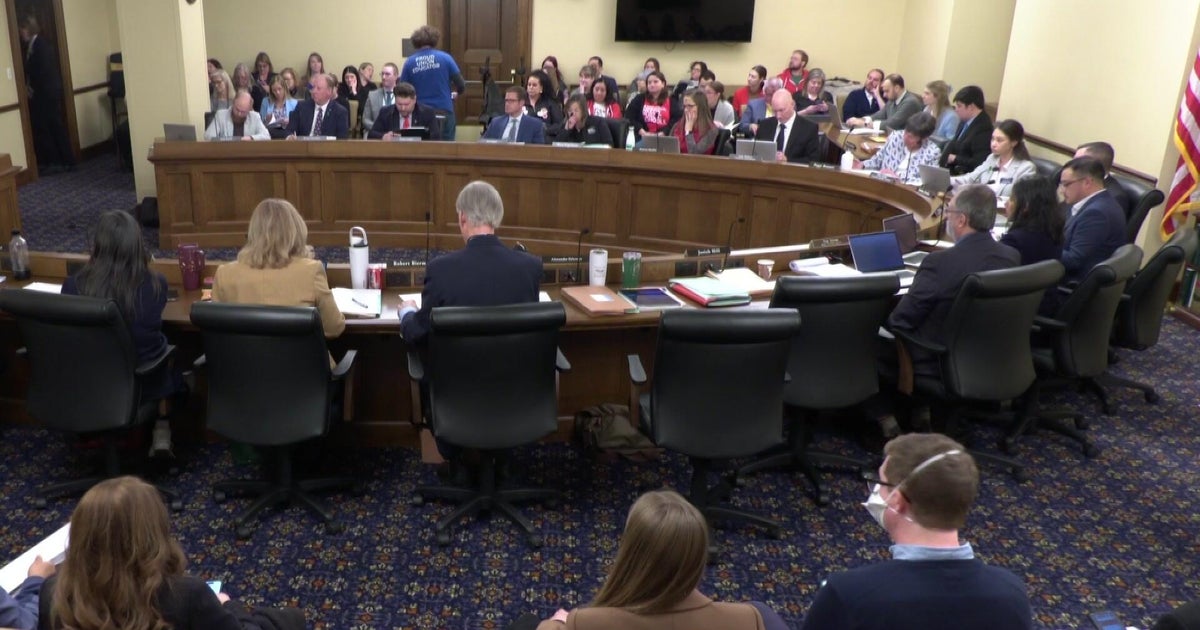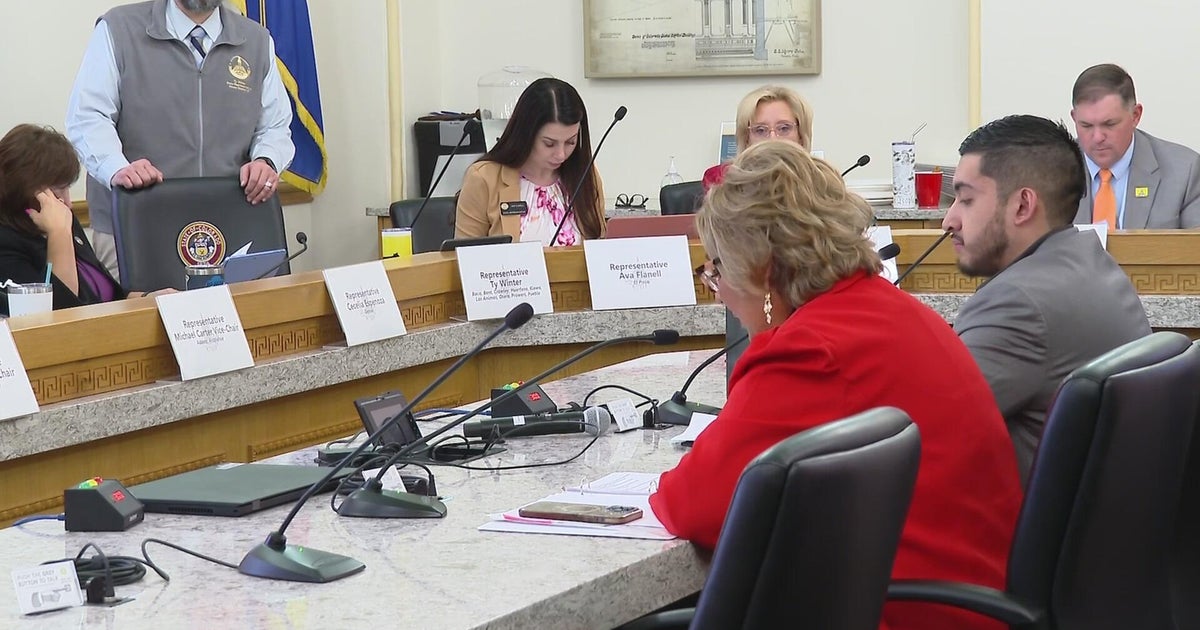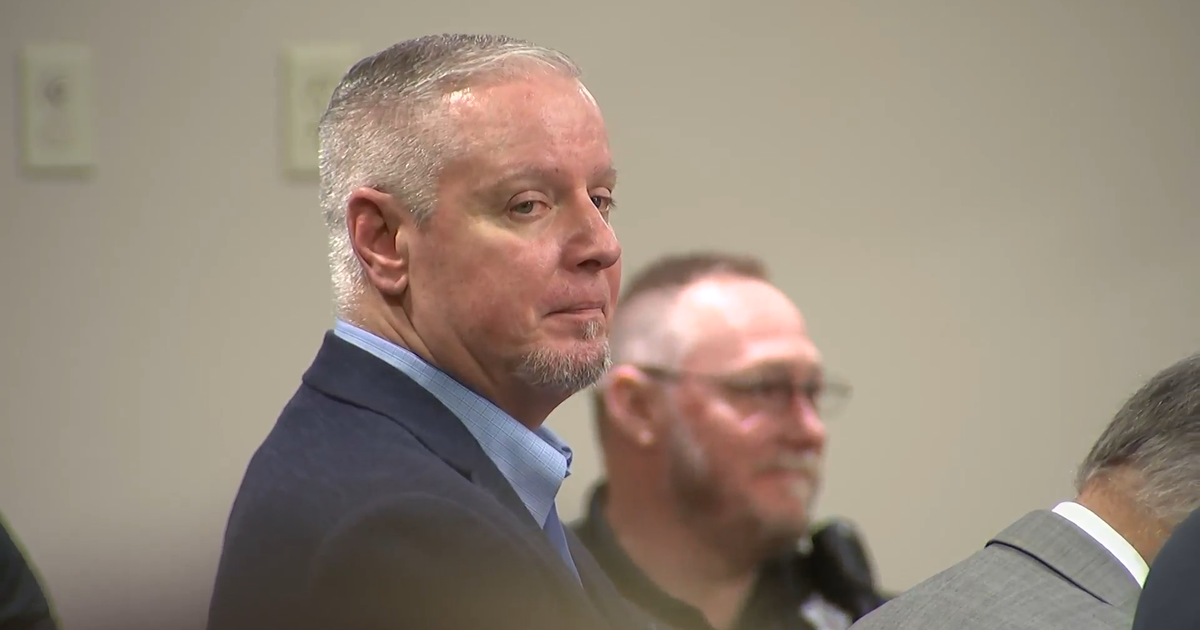Lawmakers Defend Md. Prison Guard Bill Of Rights
HAGERSTOWN, Md. (AP) -- Two sponsors of the Maryland Correctional Officers' Bill of Rights are defending the 2010 law against FBI criticism that it was ineffective in deterring alleged corruption at a state-run Baltimore jail.
Del. Galen Clagett, D-Frederick, and former state Sen. Donald Munson, R-Washington, say the measure, aimed at preventing unfair firings, is becoming a scapegoat for problems at the Baltimore City Detention Center. Thirteen female correctional officers and seven male inmates have been indicted on federal conspiracy charges for allegedly plotting to bring drugs, cell phones and other contraband into the facility.
The FBI says certain provisions of law allowed officers to avoid discipline through a complicated internal review process that sometimes ended with cases being dropped and the subjects being transferred to the Baltimore Central Booking and Intake Center next door.
FBI Special Agent Sarah Lewis wrote in an April 18 affidavit that the review process "is ineffective as a deterrent to COs smuggling contraband or getting sexually involved" with gang members at both institutions. The ring allegedly involved sex between inmates and guards that resulted in four officers getting pregnant, one of them twice, by Tavon White, leader of what authorities referred to in the indictment as the "Black Guerrilla Family" gang.
Gov. Martin O'Malley said May 9 that his administration is reviewing the bill of rights "with an open mind to any amendments that would improve discipline while ensuring due process." The review is part of a seven-point plan the Democratic governor outlined for enhancing prison security and rooting out corruption after the indictment was unsealed April 23.
Clagett told The Associated Press on Friday that O'Malley's political enemies are seizing on the FBI affidavit to attack the administration. He said the criminal charges appear to reflect poor hiring practices at the Baltimore jail, not flaws in the disciplinary process.
"What's going to fix it is for us to get better quality people working as correctional officers," Clagett said.
"I don't know what happened with the screening. Certainly it needs to be addressed," he said.
Another bill of rights sponsor, former Republican state Sen. Donald Munson of Washington County, was quoted by The (Hagerstown) Herald-Mail as saying that the law simply gave correctional officers due process in disciplinary cases. The bill was passed unanimously in the House of Delegates and by a 44-2 vote in the Senate before O'Malley signed it.
Munson, whose former district includes three state prisons, said the General Assembly has had plenty of opportunities to amend the law.
"To that extent, if anybody is guilty, the whole system is guilty of something," he said.
Munson's successor, Republican Sen. Christopher Shank, was quoted by The Herald-Mail as saying he favors reviewing the law, which he said protects correctional officers from "arbitrary personnel action."
The state workers union -- the American Federation of State, County and Municipal Employees -- also objected to the FBI statement. Maryland AFSCME Director Patrick Moran was quoted by The Herald-Mail as saying the FBI used "a poor choice of words" in criticizing the bill of rights.
AFSCME spokesman Jeff Pittman told the newspaper in an email that the bill of rights "does not impede the state's ability to investigate and terminate officers who engage in wrongdoing."
The General Assembly's Legislative Policy Committee has scheduled a June 6 hearing on problems at the Baltimore jail.
(Copyright 2013 by The Associated Press. All Rights Reserved.)
